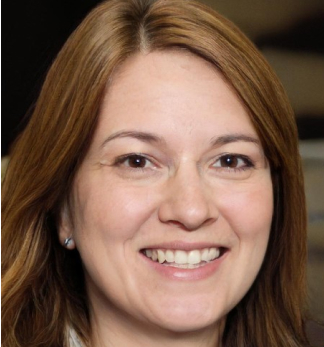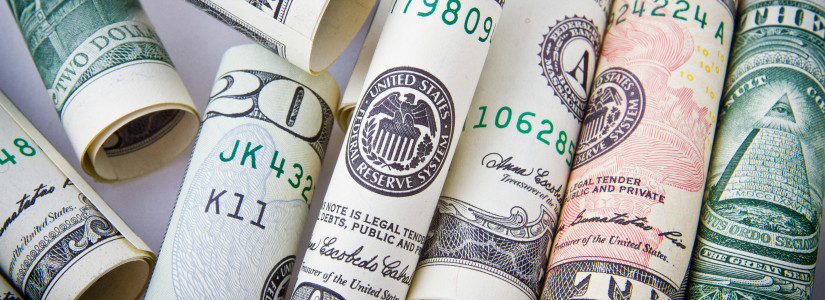Do You Have Unclaimed Funds? Here's How To Find Out

Everyone can relate to having a never-ending list of unfinished tasks.
Finding out if you have unclaimed funds might be one of those things.
It's a relief to learn that finding out if you have unclaimed funds is much easier than anticipated.
What Are Unclaimed Funds?
Unclaimed funds represent money or assets uncollected by their rightful owners for an extended period.Numerous explanations can lead to losing contact information, such as an outdated address change or death.
Claimed funds include:
- Forgotten bank accounts
- Uncashed checks
- Insurance policies
- Stock dividends
Why You Might Have Unclaimed Funds
There are several reasons why people might forget about or be unaware of their unclaimed funds, including:
Forgetting or Losing Track of the Account or Property
If you've moved around a lot or have many different financial accounts, it's easy to lose track of your money.In other words, if you don't keep up with your accounts, you could miss out on collecting unclaimed funds.
Not Updating Contact Information
If you've changed your address or phone number and didn't tell your financial institution or insurance provider, they might be unable to reach you when needed.It's advisable to keep your contact information up-to-date.
Write or call your financial institution if you change your address.
Confusion Due to Death or Incapacitation
If a loved one dies or becomes incapacitated, their assets might not be properly transferred.Rightful heirs might also not be notified of the unclaimed funds.
Missing Paperwork
Paperwork for financial accounts and insurance policies can get lost.This makes it hard for rightful heirs to identify and claim the property.
In this case, the money can become lost and unclaimed.
However, it's important to note that you don't necessarily need the paperwork or a financial statement to find these assets.
Instead, you can use online resources to track down unclaimed assets.
How To Find Out if You Have Unclaimed Funds
Now that you know what unclaimed funds are and why you might have them, here are the steps you need to follow:- Start your search online: Visit your state's unclaimed property website. Every state has its database of unclaimed funds.
- Search for your name and other variations: Explore different versions, including previous names and related variations.
- Check for unclaimed funds in other states: If you've lived in multiple states, you might have unclaimed funds in more than one state. Be sure to check every state where you've lived.
- Expand your search to other assets: Beyond checking the state unclaimed property database, you should also check with the IRS, the Pension Benefit Guaranty Corporation, and the Treasury Department.
- Contact financial institutions: If you have left money in a bank account or safety deposit box, contact the financial institution directly to see if they have any unclaimed funds in your name.
- Use private search databases: There are also private search databases that can help you look for unclaimed funds. While some of these databases are free, others charge fees for their services.
Tips for Claiming Your Funds
If you've found some unclaimed funds in your name, the next step is to claim them through these tips:- Provide proof of identity: This is to prove your identity and relationship to anyone listed on the claim.
- Read the instructions carefully: Each state might have different requirements for claiming funds, so read the instructions carefully.
- Be patient: It might take several months for your claim to be processed and for you to receive your funds.
- Look for other heirs: If you've found unclaimed funds belonging to a deceased loved one, search for other heirs who might be entitled to a share.
While finding out if you have unclaimed funds is not always easy, it's worth the effort.
Start your search online by visiting your state's unclaimed property website and expanding your search to other states.
Once you've found some unclaimed funds in your name, follow the instructions for filing a claim and be patient.
Must Reads:












